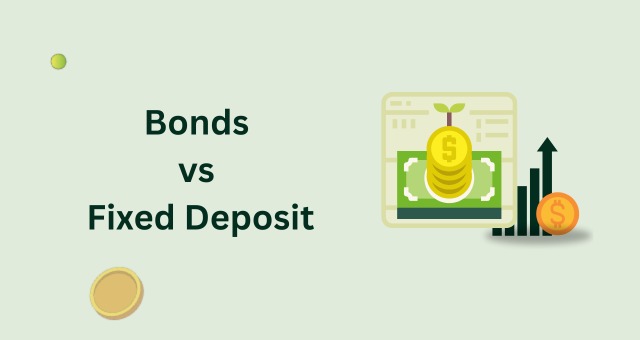
Bank FD or Bonds: The new year 2025 is about to knock. The fourth quarter of the financial year 2024-25 is also starting from January 1, 2025. In this quarter, the salaried class has to declare their savings to save income tax. In such a situation, it is important to invest in such places where investors get better returns without taking any risk but also the burden of tax liability is less. In such a situation, investing in bonds along with investing in fixed deposits in banks is an option for taxpayers.
Where should one invest in FD or bonds in 2025?
But the question arises that where should investors invest? In bank fixed deposits or in bonds. Currently, investors are getting a return of 6-7.50 percent in bank FDs. Whereas the bond yield is around 9 percent which is much better than FDs. However, investing in bonds is a little riskier than FDs. There is a lock-in period in both bank FDs and bonds. But there is no tax liability on the return received on investment made in bonds. Whereas TDS is deducted on the interest received on FDs.
Why investing in bonds is better!
Investment in bonds gives higher returns than fixed deposits. Returns on FDs are pre-determined and there is no risk in investing in them. Investors can get higher returns by taking a little risk on investing in corporate bonds. TDS has to be paid on the interest income received on FDs. While there are some bonds, which include municipal bonds and NHAI bonds, the interest received on them is completely tax-free. Investment in long-term bonds also gives the benefit of indexation, which reduces the tax burden.
Big bonds over FD!
There is a lock-in period in the fixed deposits of banks, that is, FD cannot be broken before maturity. And investors have to pay a penalty for breaking the FD. Bonds are traded in the secondary market. In such a situation, investors have the option of redeeming these bonds and also get better returns on it. Interest is paid to investors after a period on investment in bonds, due to which it can become a better source of income, whereas in FD, interest is paid only on maturity.
--Advertisement--

 Share
Share



